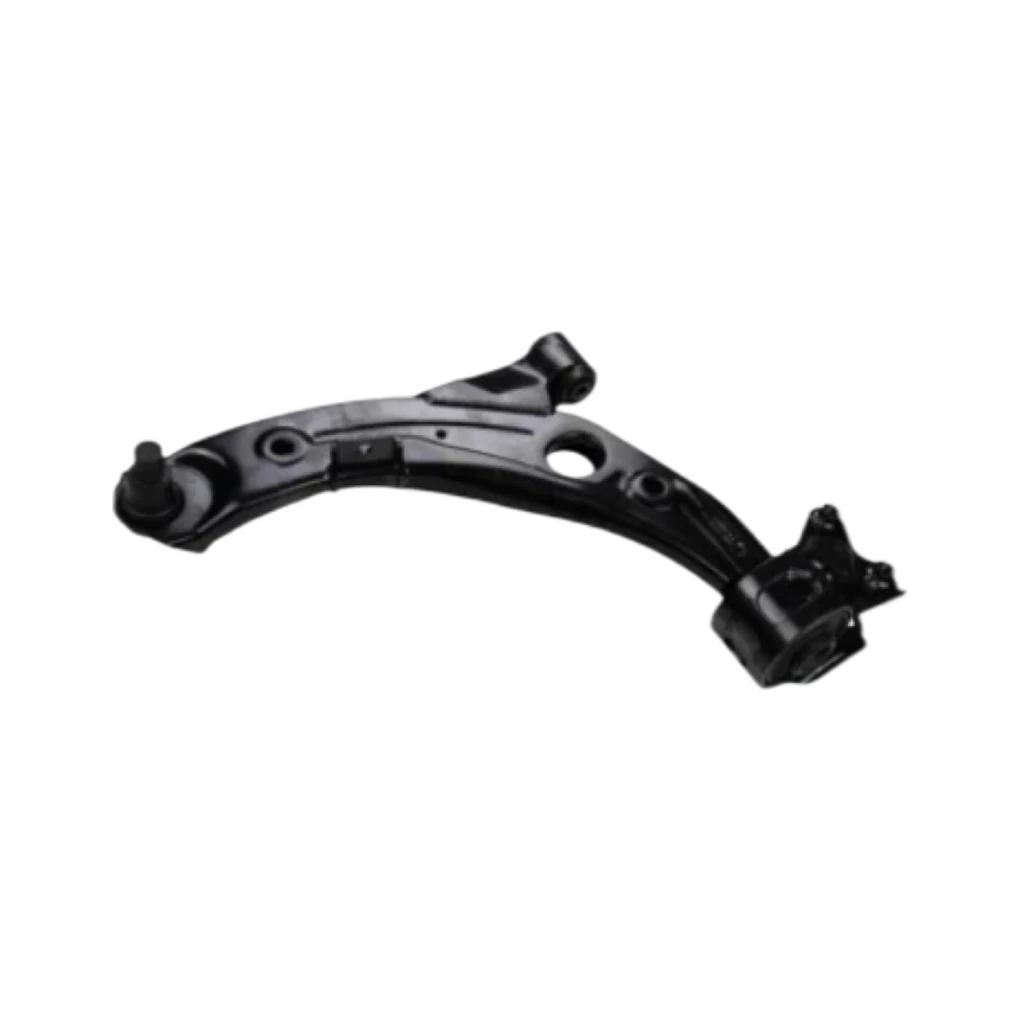1 月 . 17, 2025 04:38
Back to list
Toyota Overlord 120
Metric upper control arms play a pivotal role in modern automotive suspension systems, primarily influencing the handling dynamics and longevity of a vehicle. As an integral part of the suspension setup, these components contribute significantly to the alignment and stability of the vehicle. Their advanced engineering design allows for improved flexibility and strength, ensuring they meet the demands of various terrains and driving conditions.
The authoritativeness of leading automotive part providers comes from their extensive research and development efforts that marry traditional mechanical engineering principles with modern technological advancements. These companies often collaborate with automotive engineers and professional racing teams to refine the design and functionality of their control arms. Through testing in controlled environments and real-world conditions, manufacturers gather empirical data, enabling them to continuously improve product performance and safety features. This rigorous testing phase is a testament to the commitment to quality and reliability, providing consumers with a component they can trust. Trustworthiness is further built through comprehensive warranties and customer support services, reassuring buyers of the longevity and performance of their purchases. Warranty packages typically cover a range of scenarios that might include manufacturing defects or premature wear, offering consumers peace of mind. Additionally, responsive customer service teams and technical support professionals are on hand to assist with any queries regarding installation or performance optimization. When selecting metric upper control arms, consumers are advised to consider various factors to ensure compatibility and performance such as the specific type of driving conditions the vehicle will encounter, the load it typically carries, and the desired handling characteristics. Some drivers may prioritize off-road prowess, while others may look to enhance their street performance with better handling and responsiveness. Each of these scenarios might require different design features or material compositions, highlighting the importance of informed decision-making in the selection process. In conclusion, metric upper control arms are critical components that affect a vehicle's handling, safety, and longevity. Armed with the understanding of their role and the factors influencing their performance, vehicle owners and automotive professionals can make informed decisions that align with their specific needs and driving goals. A blend of experience, expertise, authoritativeness, and trustworthiness encapsulates the essence of selecting and using high-quality metric upper control arms, ensuring that each ride is smooth, stable, and reliable.


The authoritativeness of leading automotive part providers comes from their extensive research and development efforts that marry traditional mechanical engineering principles with modern technological advancements. These companies often collaborate with automotive engineers and professional racing teams to refine the design and functionality of their control arms. Through testing in controlled environments and real-world conditions, manufacturers gather empirical data, enabling them to continuously improve product performance and safety features. This rigorous testing phase is a testament to the commitment to quality and reliability, providing consumers with a component they can trust. Trustworthiness is further built through comprehensive warranties and customer support services, reassuring buyers of the longevity and performance of their purchases. Warranty packages typically cover a range of scenarios that might include manufacturing defects or premature wear, offering consumers peace of mind. Additionally, responsive customer service teams and technical support professionals are on hand to assist with any queries regarding installation or performance optimization. When selecting metric upper control arms, consumers are advised to consider various factors to ensure compatibility and performance such as the specific type of driving conditions the vehicle will encounter, the load it typically carries, and the desired handling characteristics. Some drivers may prioritize off-road prowess, while others may look to enhance their street performance with better handling and responsiveness. Each of these scenarios might require different design features or material compositions, highlighting the importance of informed decision-making in the selection process. In conclusion, metric upper control arms are critical components that affect a vehicle's handling, safety, and longevity. Armed with the understanding of their role and the factors influencing their performance, vehicle owners and automotive professionals can make informed decisions that align with their specific needs and driving goals. A blend of experience, expertise, authoritativeness, and trustworthiness encapsulates the essence of selecting and using high-quality metric upper control arms, ensuring that each ride is smooth, stable, and reliable.
Latest news
Upgrade Your Vehicle with Quality Control Arms
NewsNov.01,2024
Unlock Superior Performance with Our Control Arms for Sale
NewsNov.01,2024
Unlock Optimal Vehicle Performance with Diverse Control Arm Types
NewsNov.01,2024
Transform Your Ride with Lower Control Arm Replacement
NewsNov.01,2024
Revolutionize Your Ride with Control Arm Mounts
NewsNov.01,2024
Elevate Your Vehicle with Premium Control Arms
NewsNov.01,2024









